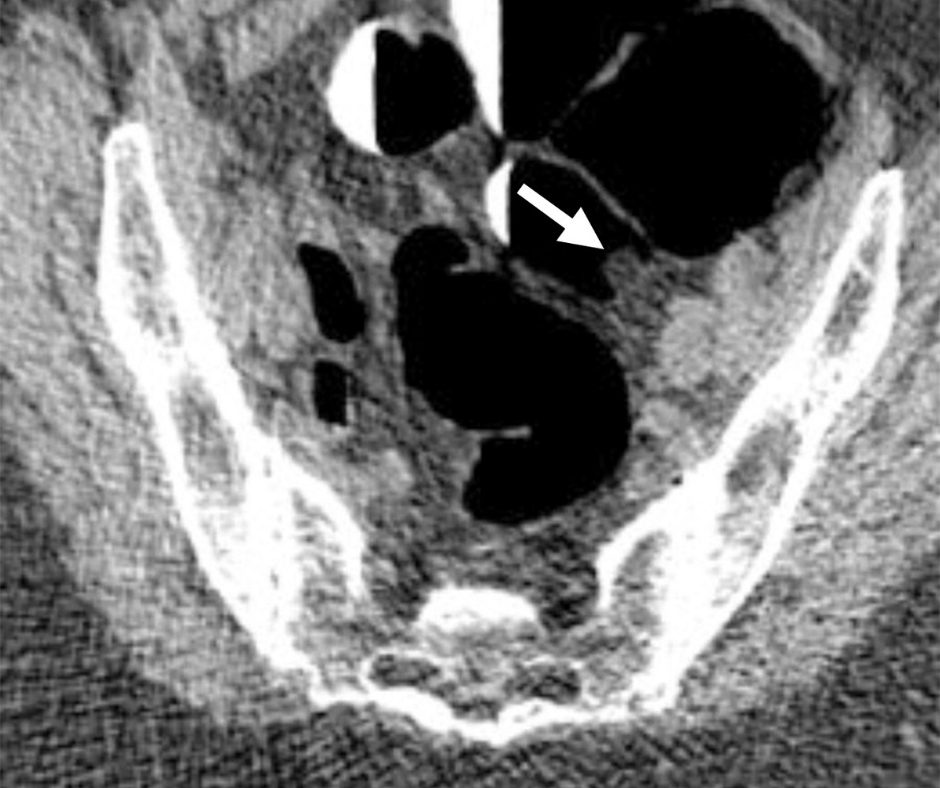
CMS Refuses to Extend Computed Tomography Colonography Coverage for Medicare
Despite the practical benefits of CT scans for colorectal cancer screening (CRC) and the endorsement of various organizations, the Medicare and Medicaid Service Centers will not re-evaluate their lack of coverage for this. procedure in CRC screening. Faculty of Radiology (ACR) .1
The ACR and several patient advocacy organizations had submitted a formal request on April 5 to the CMS in support of Medicare and Medicaid coverage of the noninvasive CTC procedure.2 However, the ACR noted that the CMS considered the evidence provided in this application. be “insufficient” to change its national coverage determination (NCD) for the use of CTC in CRC detection.
In light of the CMS decision, here are some considerations and perspectives expressed earlier this year regarding the potential impact of the CTC on CRC detection.
For CCR, the mean age at diagnosis at the time of diagnosis is 68 years for men and 72 for women.
Judy Yee, MD, professor and university professor in the Department of Radiology at Montefiore Medical Center and Albert Einstein College of Medicine, noted that CTC is a viable option for CRC screening for patients who are considered to have a high risk of anesthesia or sedation. , patients who are on anticoagulant treatment, or frail and elderly patients with multiple comorbidities.
“(CTC) is a very safe screening test with at least a 10 to 20 times lower risk of perforation compared to colonoscopy. It also does not usually cause any major infection or bleeding. ” said Dr. Yee
In a video interview earlier this year, Syam Reddy, MD, clinical president of the Ingalls Memorial Hospital of Medicine in UChicago, noted that CT colonography has better rates of cancer and precancerous lesions than others. noninvasive tests such as stool tests. and is comparable to the detection rates of conventional colonoscopy.
Black Americans have been reported to have the highest incidence and mortality rates of RCC.6 In a recent study, researchers found that black and Hispanic participants were more likely than other races or ethnicities to report that a CT colonography procedure had been performed
“If black and Hispanic patients are more likely to prefer or find acceptable CT colonography as a method of colorectal cancer screening, we can use CT colonography to help reduce racial disparities in colorectal cancer outcomes.” sais Anand Narayan, MD, Vice President of Equity, Department of Radiology, University of Wisconsin-Madison.
While CTC provides a non-invasive alternative for CCR screening without the need for sedation, a recent study of more than 13,700 patients found that only 1.4% had the CTC procedure.
At a conference at the Society of Abdominal Radiology (SAR) meeting earlier this year, Dr. Reddy cited a study by researchers who found that preoperative CTC changed surgical management in more than 20 percent of patients who had occlusive colorectal cancer.
“CTC is the only test recommended by the USPSTF (United States Preventive Services Task Force) and the American Cancer Society that is not covered by traditional Medicare or Medicaid for primary screening.” according to the American College of Radiology
“It doesn’t make sense for the CTC to really be the only colorectal cancer screening test that isn’t currently reimbursed by CMS.” said Dr. Yee

Comments are closed.